Requires Prescription: Yes
Generics: Esomeprazole
Used For: Acidity & Ulcers
How It Works:
Esomeprazole inhibits the H+/K+ ATPase enzyme in the proton pump, which is crucial for hydrochloric acid secretion in the stomach. This irreversible binding significantly reduces stomach acid production and alters gastric pH.
Usage and Safety:
Dosage: Esomeprazole
Side Effects: Common side effects include headache, gastrointestinal upset, skin reactions, and dry mouth. Rarely, users may experience angioedema, anaphylaxis, or fundic gland polyps.
Drug Interactions: May interact with Phenytoin, Warfarin, Clopidogrel, Ketoconazole, Itraconazole, Voriconazole, Diazepam, Citalopram, Imipramine, Clomipramine, CYP3A4 inhibitors or inducers, Tacrolimus, Digoxin, Erlotinib, and Methotrexate.
Indication
For the treatment of heartburn, GERD, gastritis, and ulcers.
When Not to Use:
Contraindicated in individuals with known hypersensitivity to proton pump inhibitors (PPIs). Potential hypersensitivity reactions include angioedema, anaphylaxis, bronchospasm, acute interstitial nephritis, and urticaria.
Precautions:
Long-term use (exceeding 3 years) may lead to malabsorption or deficiency of cyanocobalamin (Vitamin B12).
Warnings
Warning 1: Prolonged PPI use can rarely cause hypomagnesemia.
Warning 2: Extended and frequent use of PPIs may increase the risk of osteoporosis-related fractures in the hip, wrist, or spine.
Warning 3: Avoid simultaneous use with Clopidogrel.
Additional Information:
Pregnancy Category: Consult your physician before use.
Storage: Store at room temperature, away from direct light and heat.


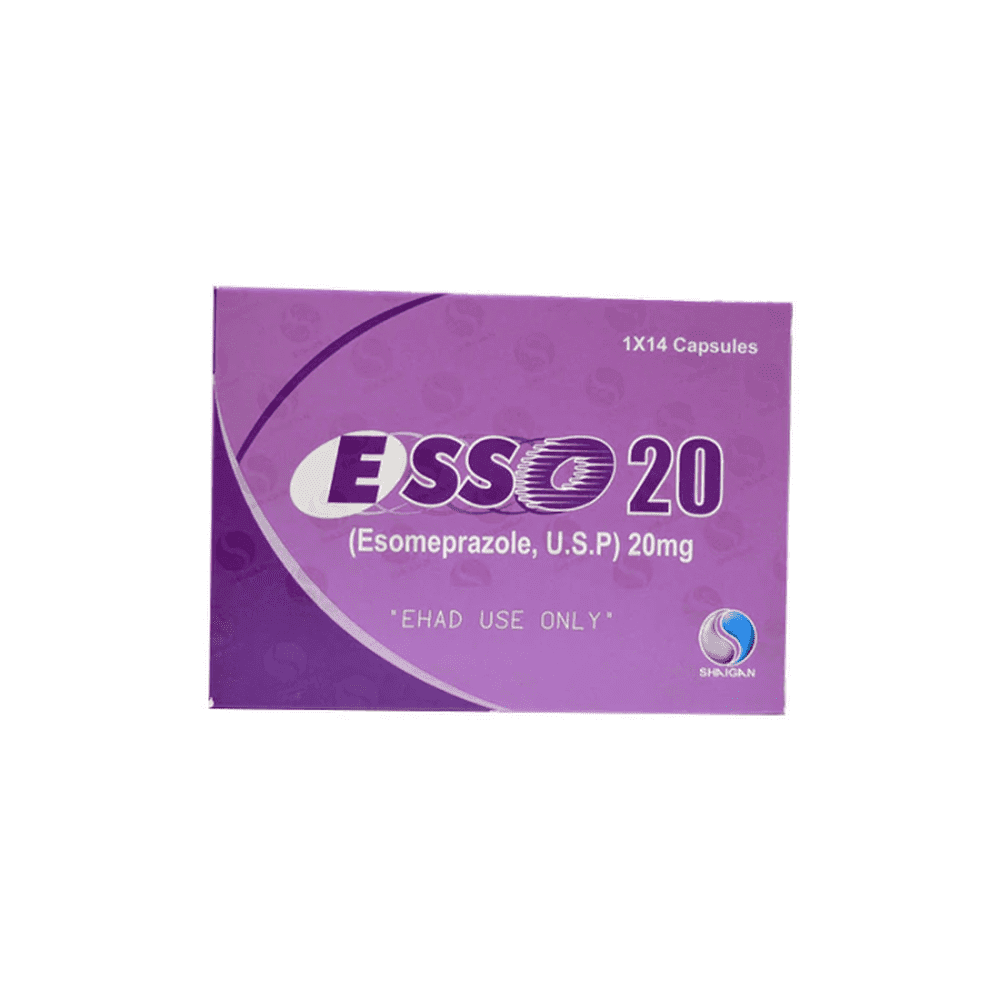

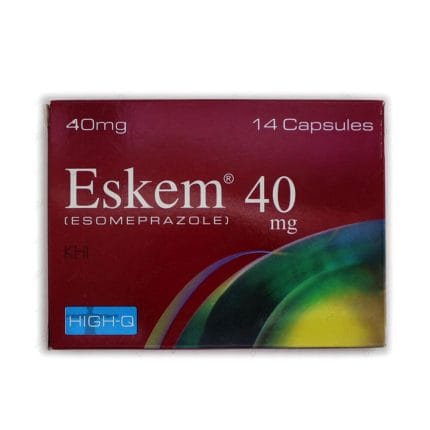



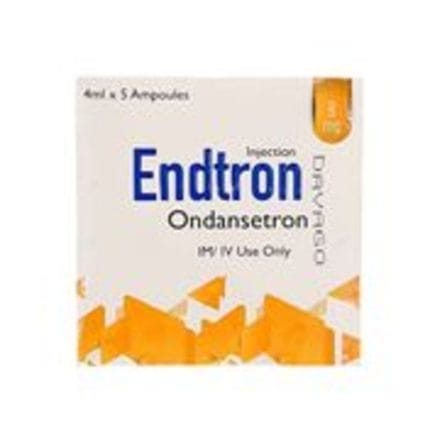
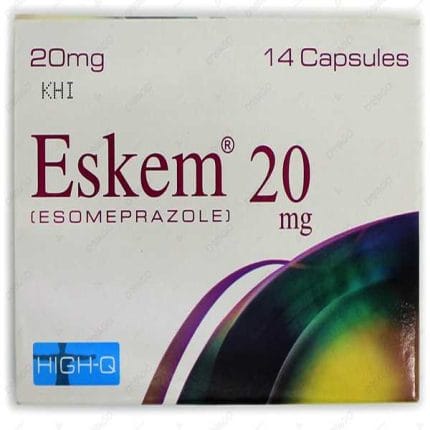
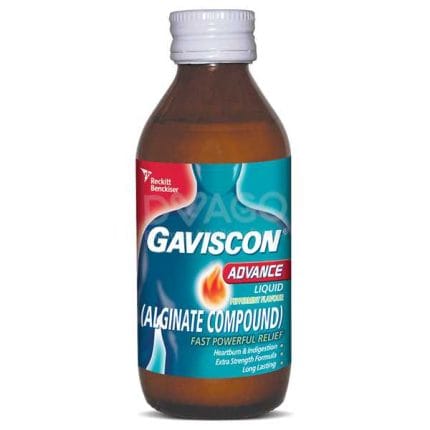
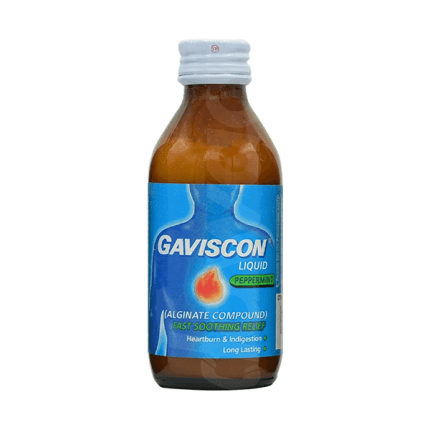
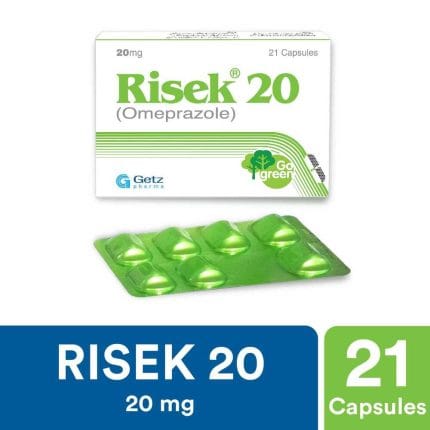
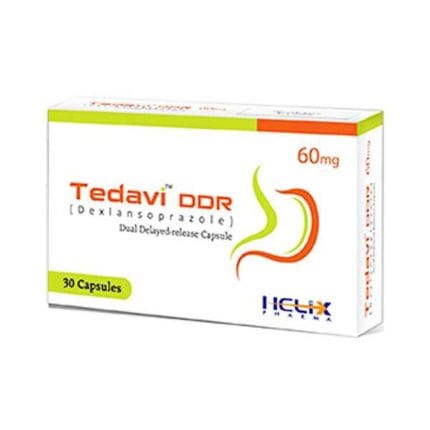








Reviews
There are no reviews yet.